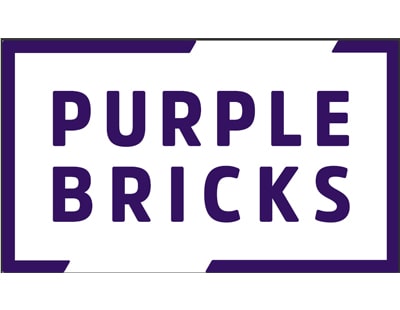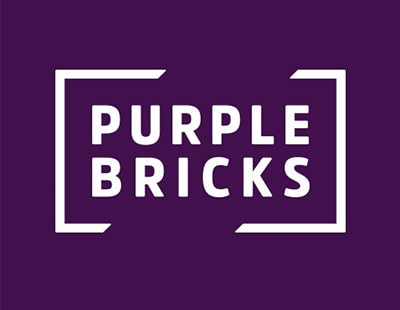Controversy and Purplebricks have gone hand in hand since the agency was first launched in 2012, through its float on the London Stock Exchange three years later and those abortive and failed over-expansions into Australia and the United States.
In Britain the agency is now a lower profile and less arrogant shadow of its former self, thought by many to be on the verge of changing its business model. But what of its activities in Canada? These activities have always been less showy than those in other countries, and perhaps better for it: have they been Purplebricks’ (only) success story?
It’s actually less than 18 months since Purplebricks announced its entry into the Canadian market, and marked a final throw of the founding Bruce brothers’ expansionist phase.
Purplebricks Canada shares some of the swagger of the company’s operations in the UK. For example, it tells vendors that with the company CAN$800 basic fixed flat fee (without extras) they can save something like CAN$25,000 on agency fees on a typical priced home - and rival High Street companies remind vendors that they may sell their home this way for CAN$50,000 less than using a ‘physical’ firm, so will still lose out ultimately.
But why has Purplebricks Canada (apparently) succeeded so far when the US and Australia have failed? The reasons may lie in how different it is from the company’s other activities in the UK and overseas in some other key ways.
Difference #1: It was created from a takeover, not via a start-up: In July 2018 Purplebricks announced that it was acquiring a relatively well-known existing service DuProprio/Com Free (DPCF), at a price of £29.3m.
This was around a quarter of the investment Purplebricks had won weeks earlier from German media giant Axel Springer - now the company’s largest single investor. But more critically, and possibly key to the survival of the Canada service where others have collapsed, DPFC was described as being a profitable company with a 20 per cent market share of the agency market in Quebec, and successful if ‘small fry’ entries into the Ontario and Western Canada regions of the country where it had a two per cent share.
Difference #2: It directly employs its version of Local Property Experts: DuProprio chief executive Lukas Lhotsky, who this year changed the branding and livery of his old firm into Purplebricks Canada, says the new operation directly employs its own agents - known as Realtors - and does not follow the UK self-employed LPE model.
On the company website Purplebricks Canada says: “They [the Realtors] enjoy paid vacations, substantial benefits packages, and we cover all their professional fees and dues.”
Difference 3: It operates a buying service, too: As is standard for estate agents in Canada, Purplebricks’ Relators helps prospective buyers find their homes too. “They are dedicated to home buyers (we have a whole other team that deals with home sellers!) and are with you every step of the way, from figuring out the must-haves in your new home, right through to handling the offer process” explains the company.
In this respect it doesn’t really differ from an established Canadian High Street operation at all; like all agencies, it collects half of the shared commission when it finds a home for a buyer, and to sweeten the service it offers buyers a CAN$2,000 ‘gift’ if the deal goes through.
Difference 4: It may have learned from mistakes elsewhere: A look at Purplebricks’ 2019 annual report, issued just a few weeks ago, reveals that the company’s approach to Canadian activities is perhaps inevitably tempered by the scale of failures elsewhere.
Although the report is in part glowing (“our Canadian businesses performed in line with management expectations and generated revenue of £23.7m and a gross profit of £12.6m giving a gross profit margin of 53.2%) it is also open about weaknesses.
For example “instructions won in the period of ownership were 6% down on the equivalent period in the prior year, average revenue per instruction was 16% higher. Cost per instruction increased from £132 to £253 as marketing spend was increased significantly, including to support a rebrand to Purplebricks outside of Quebec.”).
And although “early data points show an improving trajectory” in its key battleground of Quebec, it says it will take another year or more to have a complete picture - and it already is talking of moderating marketing costs, which was the element which led to many of its problems in other markets.
So will Purplebricks Canada be the one that really succeeds, without the tarnish that is carried by the UK service and the complete failure that characterised the US and Australia? It’s a glib phrase but a true one - time will tell.













.png)


.png)




Join the conversation
Jump to latest comment and add your reply
Sounds like it is just a rebranded regional estate agent that will struggle to grow outside of its core area due to the high cost of marketing. Hardly a revolution!
Please login to comment